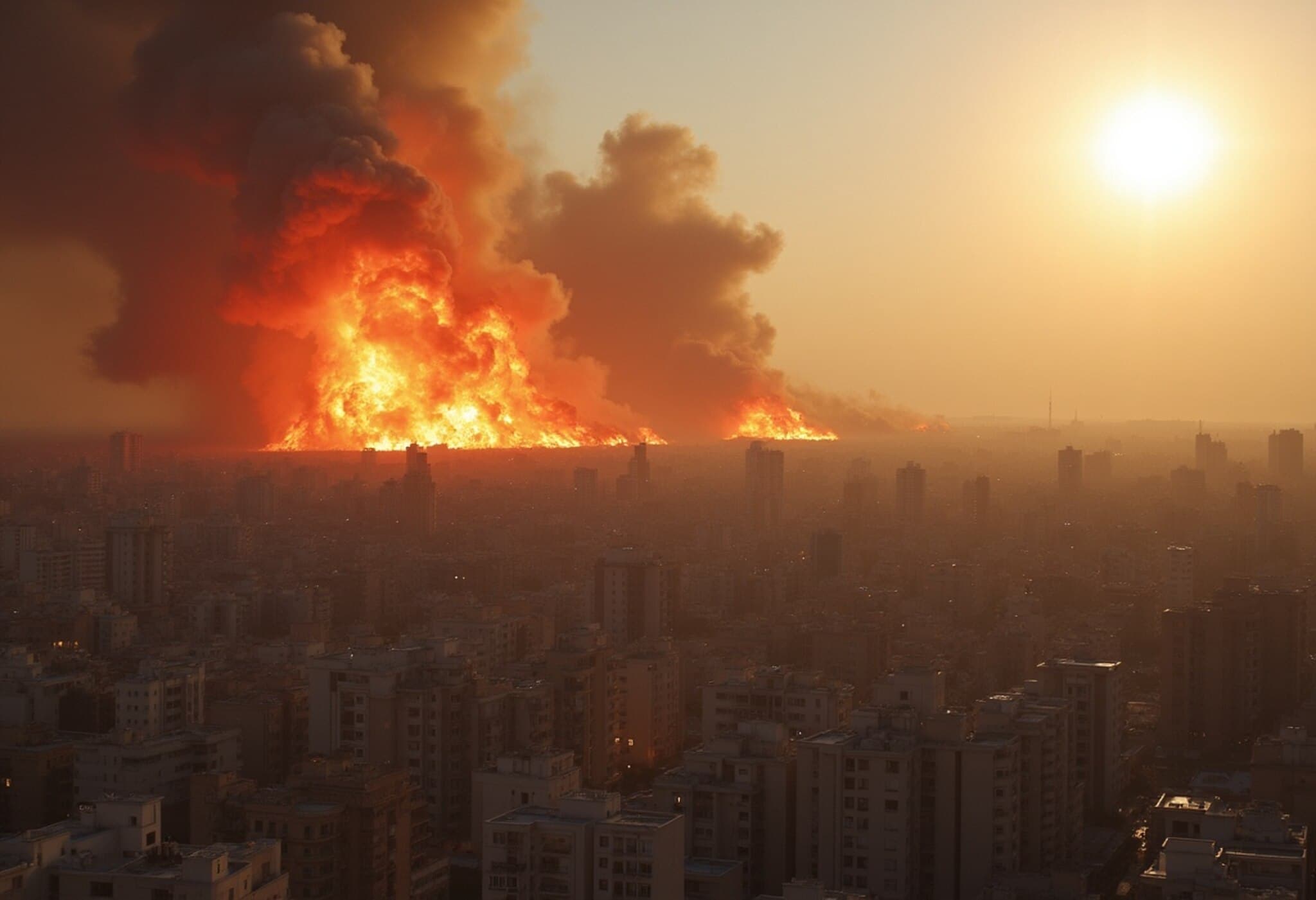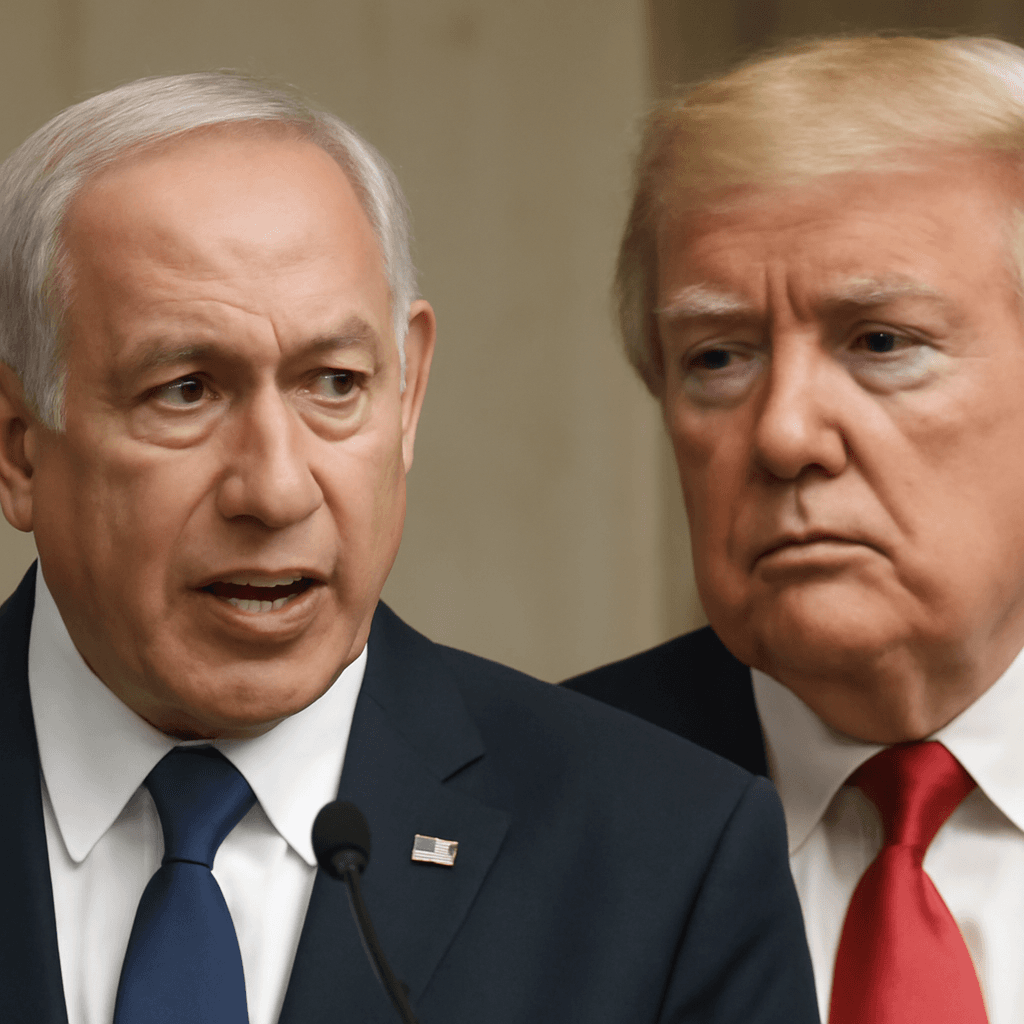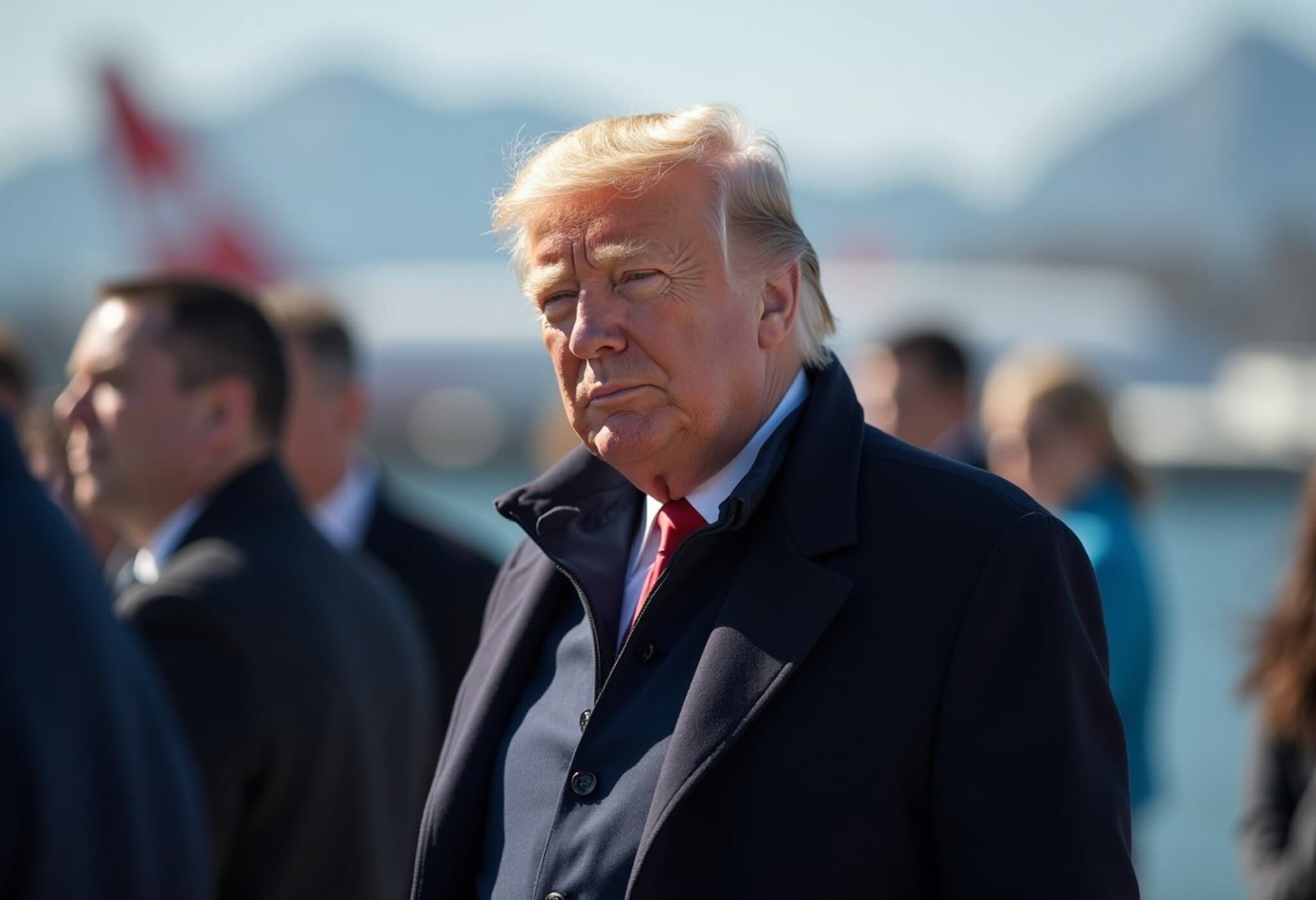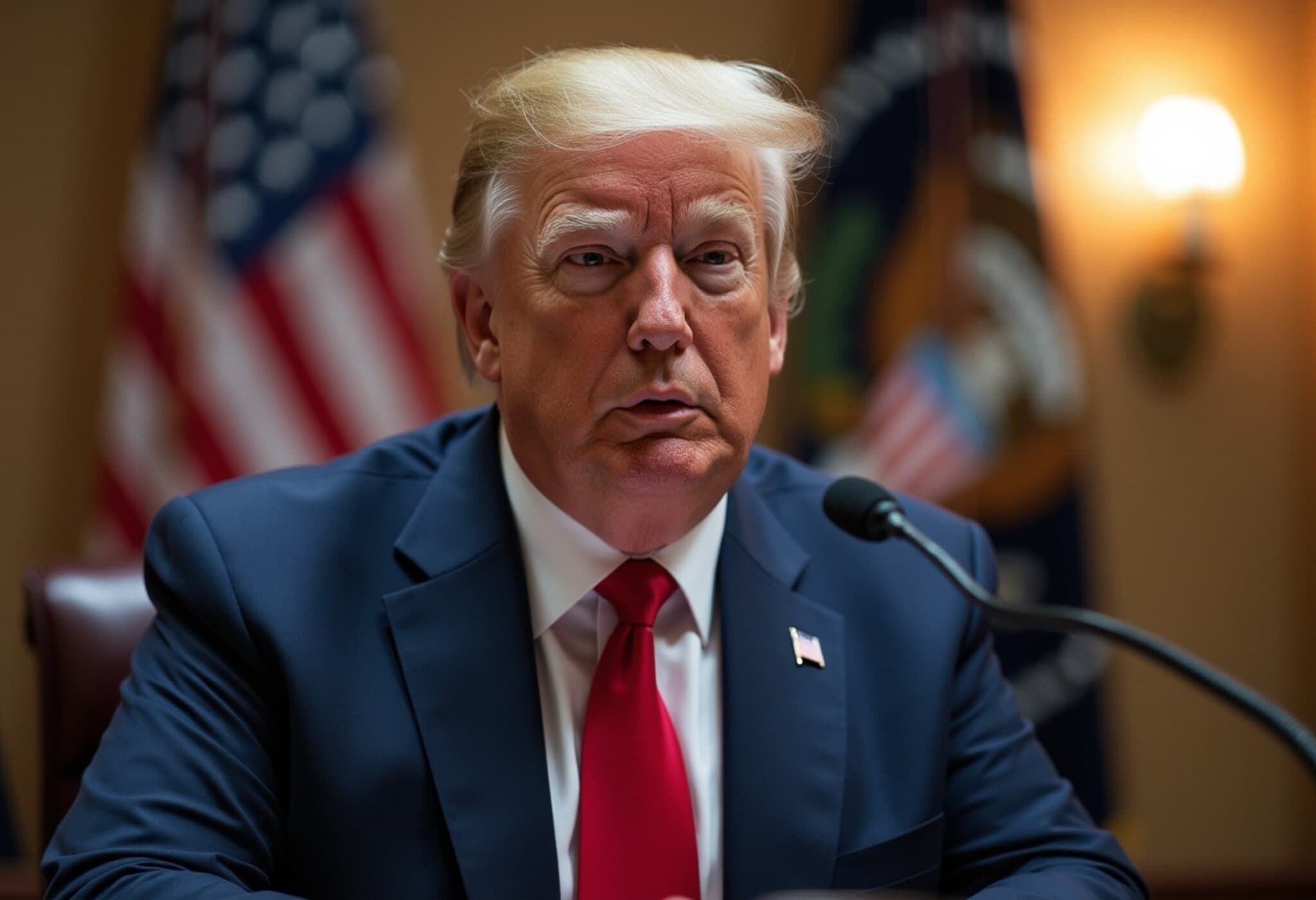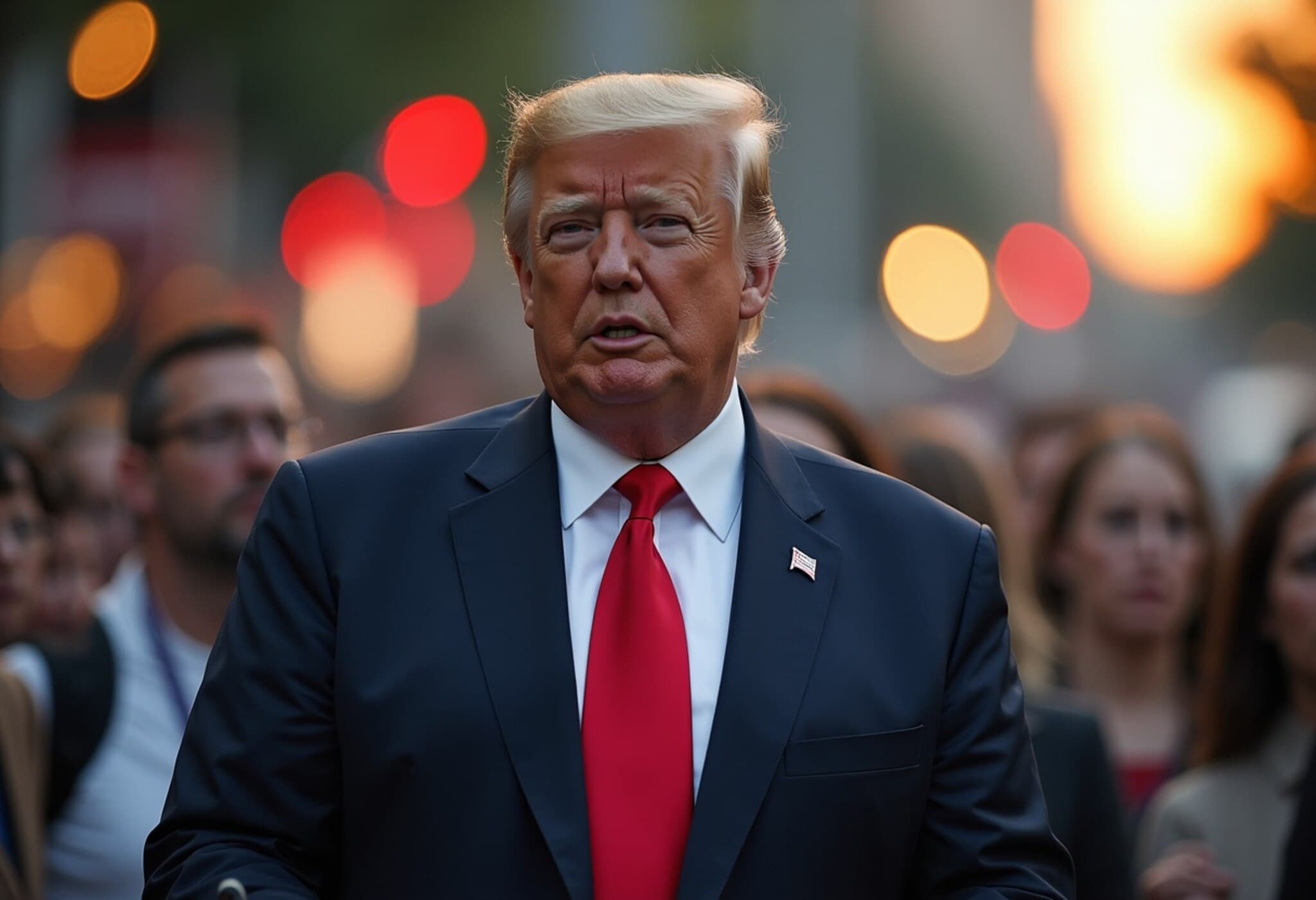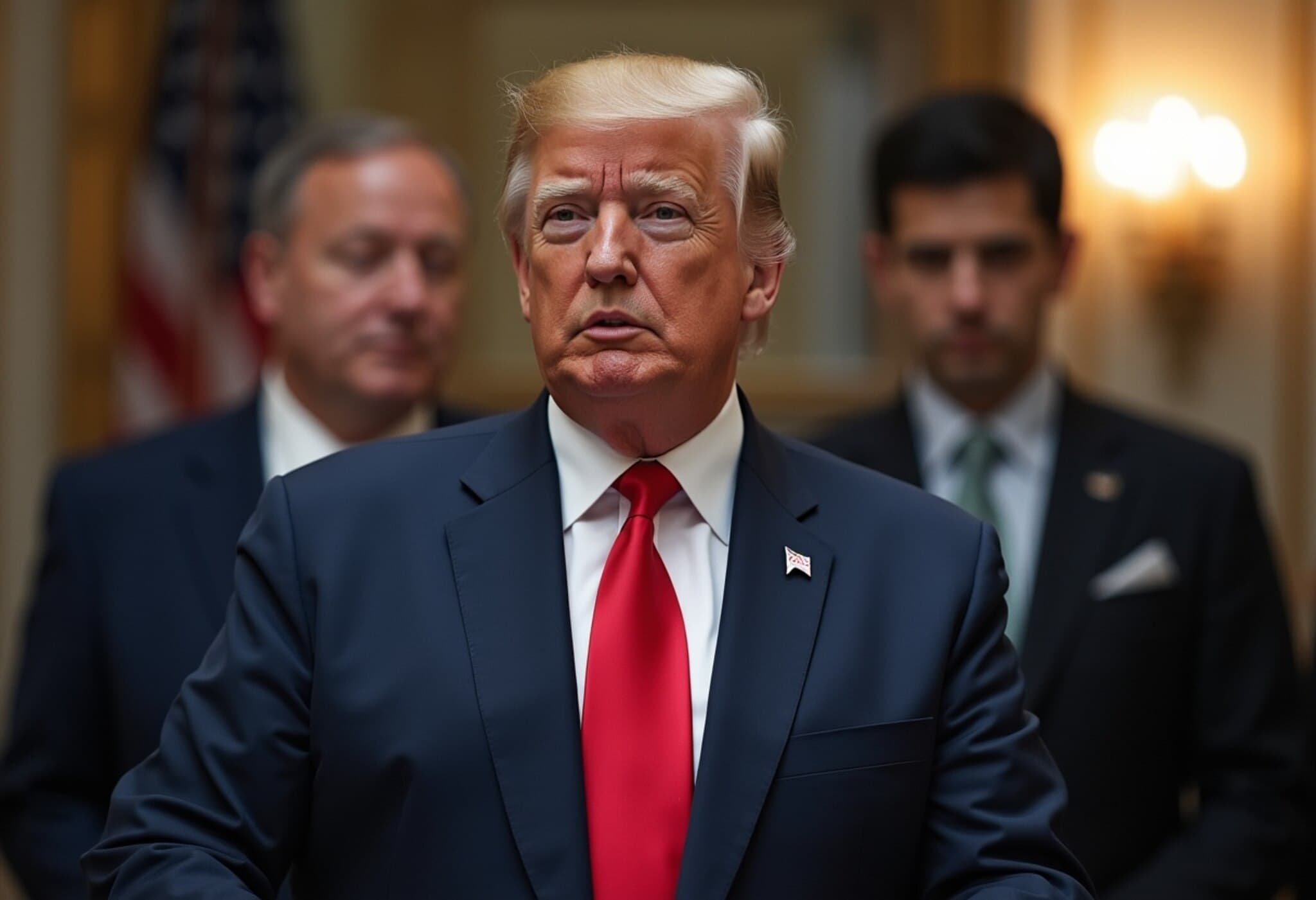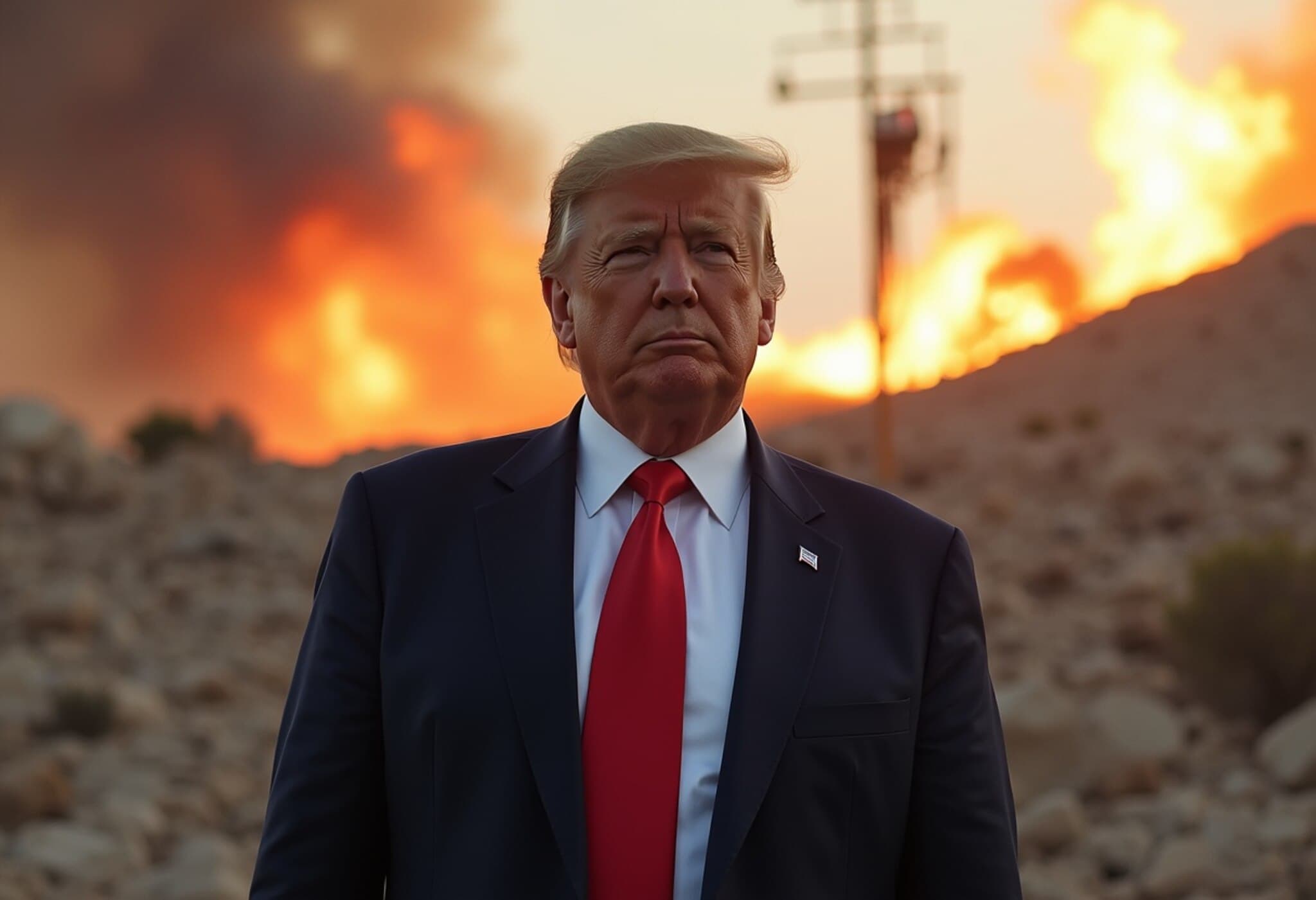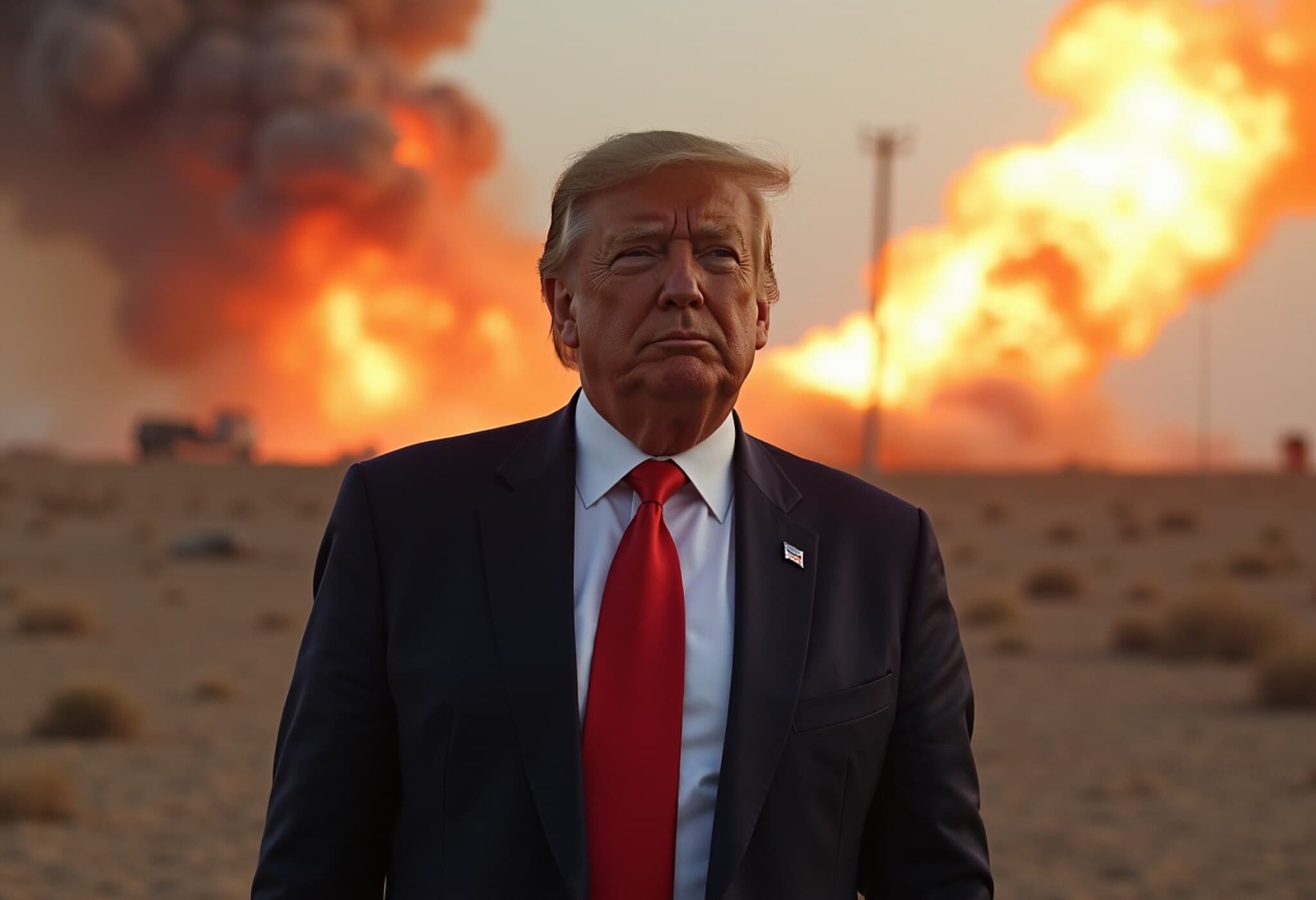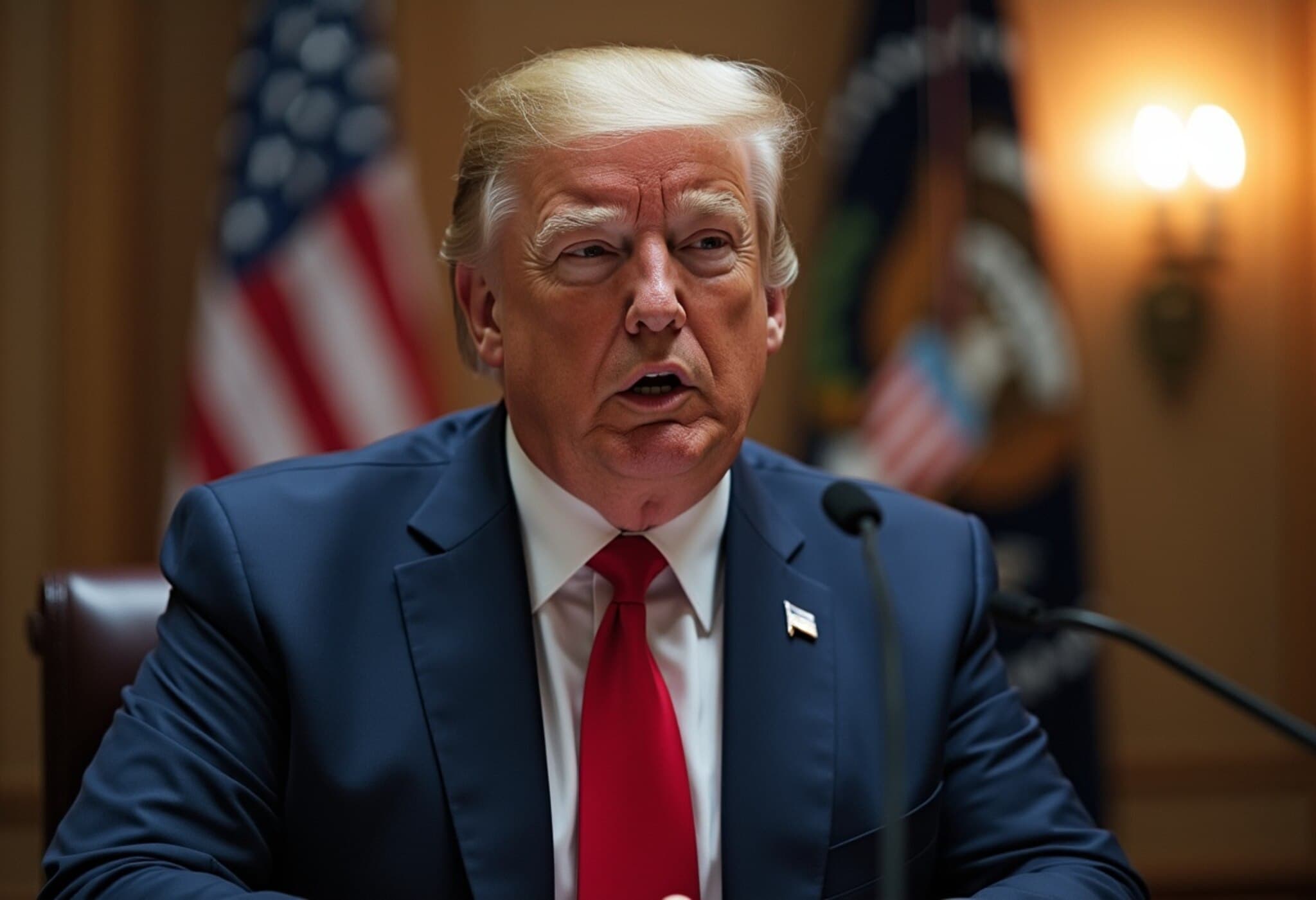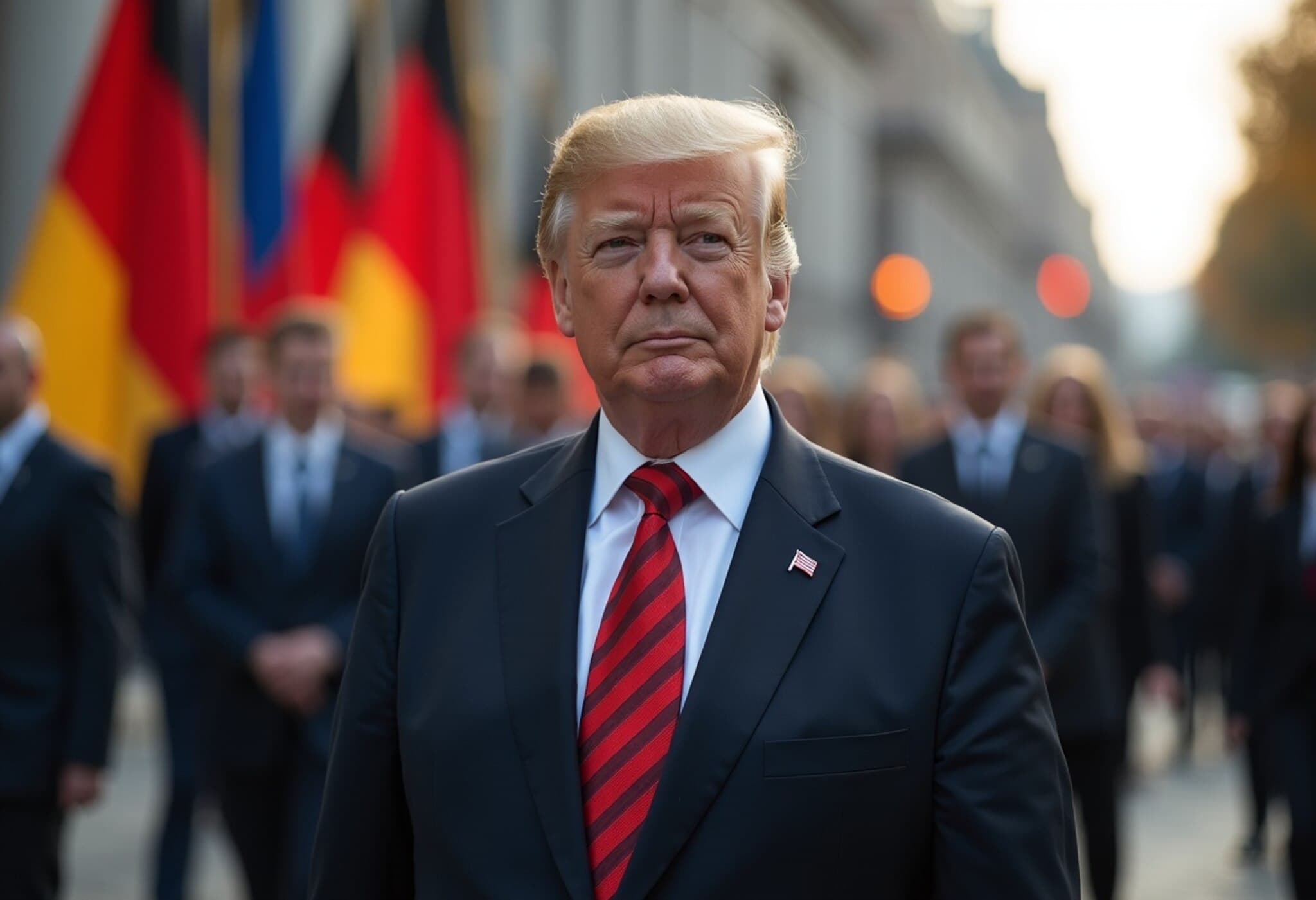Ceasefire Between Israel and Iran Takes Effect
US President Donald Trump announced that the ceasefire between Israel and Iran is officially in place after days of escalating military conflict. The truce follows nearly two weeks of intense hostilities, including multiple missile attacks exchanged between the two nations.
Details of the Ceasefire Timeline
Trump outlined that the ceasefire would be a phased, 24-hour process starting at 0400 GMT on Tuesday. According to his statement, Iran was the first to halt all offensive operations, while Israel was expected to follow 12 hours later. The US leader cautioned both sides against any violations, emphasizing the need to honor the agreement.
Recent Missile Attacks and Casualties
Iranian forces launched several waves of missile strikes targeting Israeli territories, resulting in at least seven casualties in southern Israel. The Iranian news agency reported that Tehran fired its last round of missiles just moments before the ceasefire was officially enacted.
Following the end of missile attacks, the Israeli military lifted restrictions requiring civilians to remain close to shelters nationwide, signaling a return to relative calm.
Background and Reactions
The ceasefire announcement came shortly after Iran launched strikes against a US military base in Qatar. President Trump described these retaliatory attacks as "weak" in response to recent US bombings on Iranian nuclear sites. These US strikes were part of a broader effort to curb Iran's advancing nuclear capabilities, which Israel and the US have closely monitored.
In a phone call, Trump brokered the ceasefire agreement with Israeli Prime Minister Benjamin Netanyahu. According to a senior White House official, Israel consented to the truce on the condition that Iran refrains from further aggression.
Iran’s foreign minister confirmed the ceasefire but insisted that hostilities would only fully cease if Israel also halted its attacks.
Continuing Tensions Over Nuclear Ambitions
Since June 13, Iran and Israel have traded repeated airstrikes amid mounting regional tensions. Israel’s offensive, supported by the US, targeted Iran’s nuclear infrastructure following suspicions that Tehran was nearing nuclear weapon capability. Iran firmly denies pursuing nuclear arms, though its Supreme Leader Ali Khamenei asserted that global powers "would not be able to stop us" if the country chose to develop such weapons.
Looking Ahead
While the ceasefire brings hope for a pause in violence, skepticism remains about the durability of the truce given the deep-rooted hostilities and strategic stakes involved. Both sides face intense pressure internally to maintain their positions, and the coming days will be crucial in determining whether peace holds or conflict reignites.

